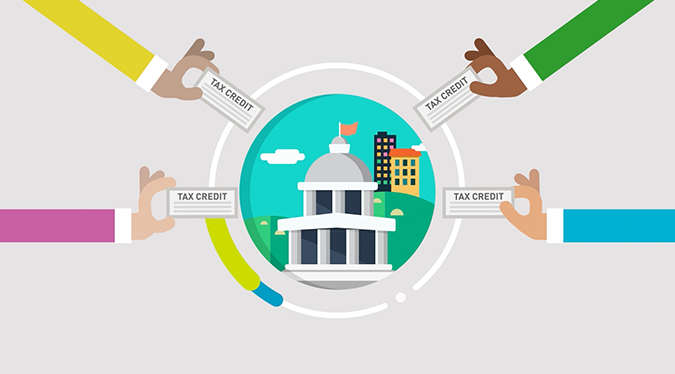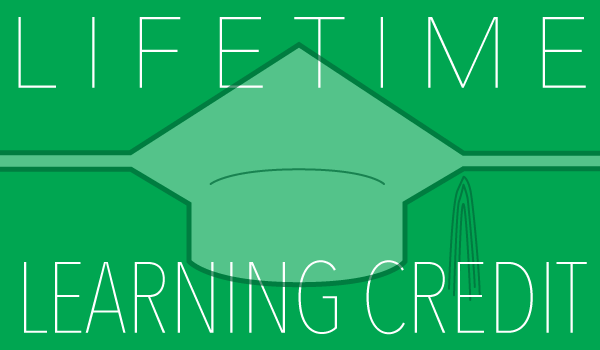Education is the fundamental part of our system. No matter in which region of the world we reside, we cannot neglect the importance it has in shaping the social culture and social hierarchy in the society and world as a whole. The drive to learn more and seek education can cost a significant amount. Today during my English class I came to know something about education. While discussing the elements of the education system, I learned that there are tax-related benefits concerning education. If you are someone like me and didn’t have an ounce of knowledge about it then perhaps you have landed on the right placed. First, let’s get nurtured upon what is tax credit or benefit. A tax credit or benefit aid the taxpayer in the total expenses incurred in the attainment of education. It basically cut downs the cost of income tax that one is designated to pay for which doesn’t affect the income one holds. Now coming towards what is an education tax benefit. It can be defined as the credit that aids in the reduction of the cost incurred in the pursuit of education while reducing the amount of tax owed on the tax return. Students or the concerned party can take this benefit at the time of tax season.

The forms of taxes that are associated with the student’s loan tax credit that one is to receive from the education institute are two. One is the Form 1098-T which is received usually by 31st of Jan which calculates all your payments made towards education attainment. Another is the Form 1098-E in which if the amount paid in a year is $600 or exceeds on a student loan. Both forms are to be kept with the tax filer until one is ready to file the taxes. Now the question arises is who can claim these education benefits. The three parties who can claim the educational credit, first one is the individual, the dependent or third party that has paid for qualified education expense for higher education, the second one is the eligible student in the eligible educational institution and the third one is the qualified student, his spouse or a dependent that one list on the tax return. Now there are four types of education benefits available that the taxpayer can claim for the payment o education-related expenses.
American opportunity tax credit (AOTC)

It is given to the first four years of postsecondary education. It gives a federal income tax credit ranging up to $2500 on the expenses of $4000 incurred in a year of education.It is also known as Hope Scholarship Tax Credit.
Lifetime Learning Credit (LLC)

It is an education credit of up to $2000 per family which is based on the first $10000 in the post-secondary education. It is different from AOTC as it is given for an unlimited number of years. Also, a single student can claim if he has adjusted gross income of $62,000 or less and a married couple (filing jointly) when they have adjusted gross income of $124,000 or less.
Student Loan Interest Deduction

It also reduces the income subject to tax as a taxpayer who has received a loan from the federal and private, who deduct up to $2500 for interest. This exact amount is deducted that the taxpayer had paid in the relevant year even if the taxpayer has not listed it.
Employer Tuition Assistance

This allows the employee to receive a deduction of up to $5250 for undergraduate or graduate courses tax-free each year for the attainment of education related to the work. This basically covers all the things that are part of your course except for the travel, lodging and meal cost. This means that if the employee has paid for the cost he is likely to receive a deduct in them as an employee business expense
These benefits are extremely beneficial for the students because there is also a significant amount spent on projects, assignment help, and research. The benefits cut down the burden of education to a great extent. However, it is always advisable to concern a professional first to determine the eligibility because unfortunately, the universities cannot provide tax advice
































No Comments
Leave a comment Cancel